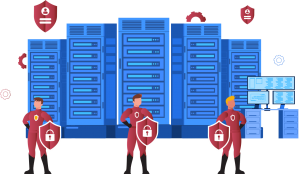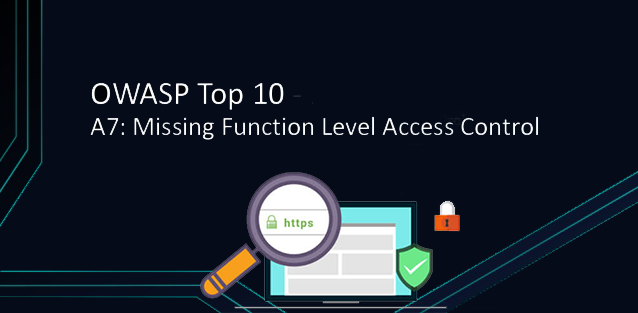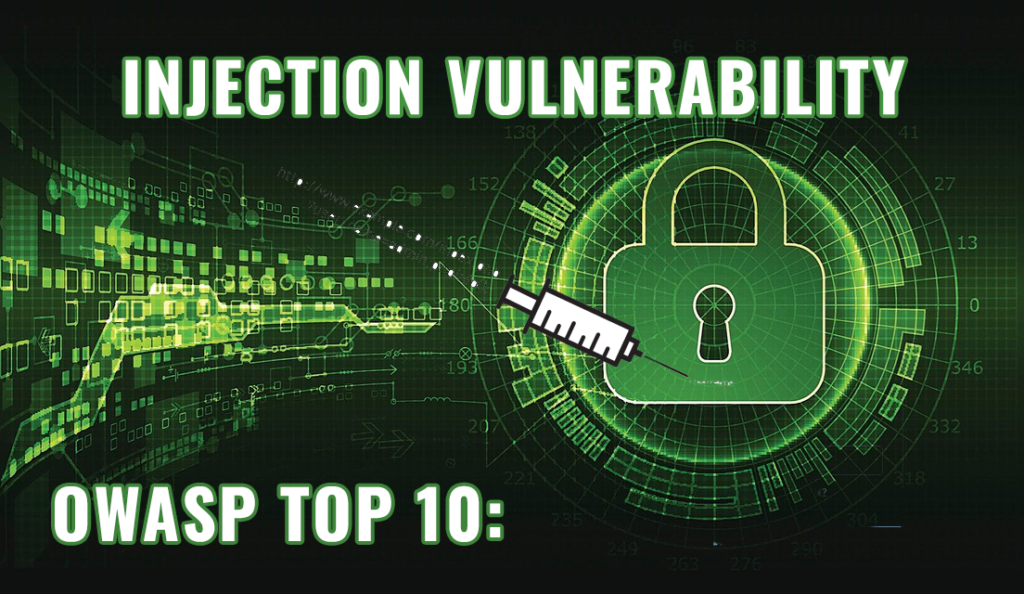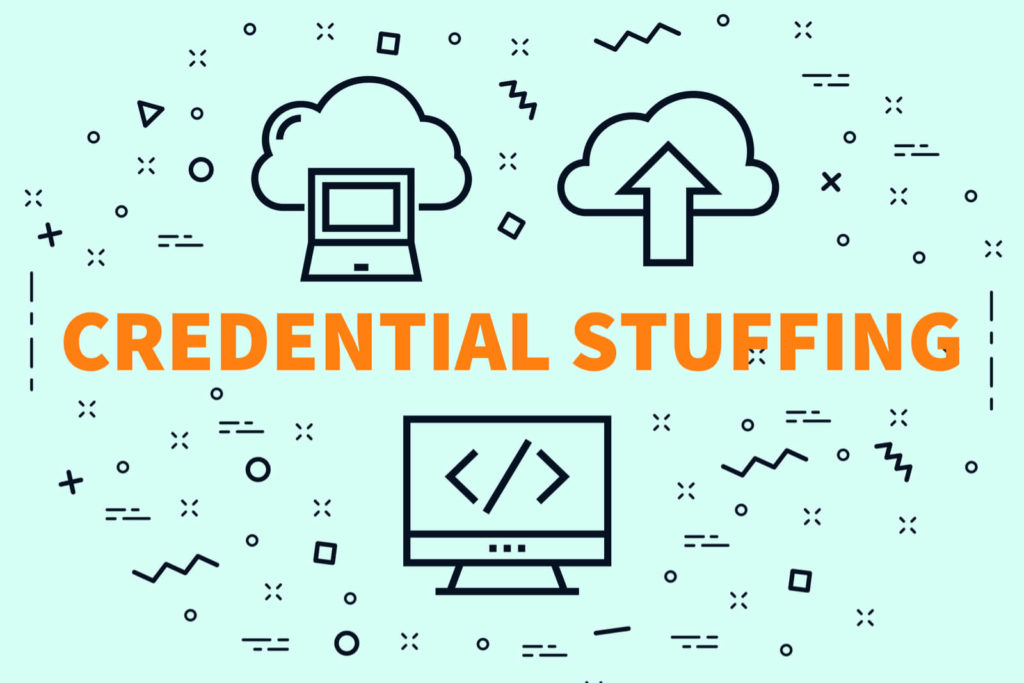As cloud computing becomes an increasingly popular option for data storage and processing today, it presents a new battleground for cybersecurity professionals. Businesses are moving their data and applications to the cloud to gain significant benefits such as agility, scalability and cost savings. Cyber attackers try to access sensitive information and disrupt systems by targeting weaknesses in cloud infrastructures. This situation also raises concerns about data security and cyber threats. Penetration testing, that is, pentest, is the process of testing the security of systems and detecting vulnerabilities. Pentesting in a cloud computing environment presents both unique opportunities and challenges.
Penetration Testing Opportunities in Cloud Computing
Penetration testing is a method used to detect and fix security vulnerabilities in cloud computing environments. These tests allow you to stay one step ahead of cyber attackers and minimize risks such as data loss, reputational damage and legal sanctions.
- Identifying Vulnerabilities: Penetration testing enables you to take a proactive security approach by revealing unknown or overlooked vulnerabilities.
- Risk Assessment: Penetration testing helps you prioritize your risks by assessing the potential impact and likelihood of detected vulnerabilities.
- Improving Security Controls: Penetration test results allow you to improve your security policies and procedures and create a more robust cyber defense system.
- Compliance: Penetration testing can help you demonstrate your compliance with industry regulations and laws.
- Accessibility: Cloud services provide access to systems to be tested from anywhere.
- Flexibility: Dynamic resource management allows rapid creation and removal of test environments.
- Freshness: Cloud providers offer the latest security updates and patches.
Penetration Testing Challenges in Cloud Computing
Cloud computing environments present some unique challenges in terms of penetration testing compared to traditional infrastructures:
- Shared Responsibility Model: In the cloud, both the cloud provider and the customer are responsible for the security of the infrastructure. This requires clear definition of penetration testing scope and responsibilities.
- Complexity: Cloud environments can accommodate complex elements such as virtualization, containerization , and a multi-tenant model. This can make penetration testing more challenging. Multiple customers sharing the same physical hardware may lead to isolation vulnerabilities.
- Configuration Errors: The complexity of cloud services can cause configuration errors.
- Constant Change: Cloud environments are dynamic and constantly updated. This requires penetration testing to be a continuous and repetitive process.
- Data Privacy: Protecting sensitive data during penetration testing is critical. Therefore, compliance with privacy and data protection regulations/laws is mandatory.
- Legal Responsibilities: Data protection laws may limit testing processes.
Penetration Testing Methods and Tools in Cloud Computing
Various methods and tools can be used for penetration testing in cloud computing:
- Black Box Testing: The testing team attacks the system without any prior knowledge.
- Gray Box Testing: The testing team attacks the system with limited knowledge about the system.
- White Box Testing: The testing team attacks the system with detailed knowledge of the system architecture and configuration.
- Static Analysis: Code and configuration files are examined for vulnerabilities using automated tools. Security vulnerabilities existing in the source code are detected.
- Dynamic Analysis: Security vulnerabilities are detected by monitoring the running system, network traffic and system behavior. Real-time tests are performed on live systems.
- Cloud Specific Tools: Some cloud providers offer penetration testing tools specific to their platforms.
- Automation Tools: Tools such as Nessus and OpenVAS are used for vulnerability scanning.
Legal and Ethical Dimensions of Penetration Testing in Cloud Computing
There are important legal and ethical considerations to consider when pentesting in cloud computing:
- Authorization: Penetration testing cannot be performed without approval from the competent authority. Your agreement with the cloud provider should include clauses stating your penetration testing authority or sanctions for unauthorized testing.
- Scope: The scope of the penetration test should be clearly defined. It should be clearly stated which systems and data will be tested.
- Confidentiality: Care should be taken to ensure the confidentiality of data accessed during penetration testing. Security measures such as encryption of data and authorization control should be taken.
- Reporting: Penetration test results should be reported to authorities in a detailed report. The report should include identified vulnerabilities, risk assessment, and recommended improvements. Detected vulnerabilities should be reported to relevant parties in an ethical manner.
The increasing popularity of cloud computing also brings cyber security risks. Penetration testing allows you to take a proactive approach by detecting vulnerabilities in cloud environments in advance. In this blog post, we examined the opportunities and challenges cloud computing presents for penetration testing, explored the methods and tools used, and discussed the legal-ethical dimensions. This article aims to raise awareness and share knowledge in the field of Cyber security.
Your Safe Journey in Cloud Computing with Secromix
At Secromix Cyber Security, we help protect businesses against cyber threats by providing comprehensive pentest services in cloud computing environments with our experienced team and advanced technologies. We carry out a wide range of security tests with our expert teams, from configuration errors to isolation vulnerabilities. Thanks to the tests we carry out within the scope of our authority, within the framework of safe and ethical principles, we help you increase the security level of your cloud infrastructure and be prepared against cyber threats. Contact Secromix experts to ensure the security of your company’s cloud environment and be prepared against cyber-attacks. Let us help you complete your digital transformation journey safely by providing you with customized solutions.








